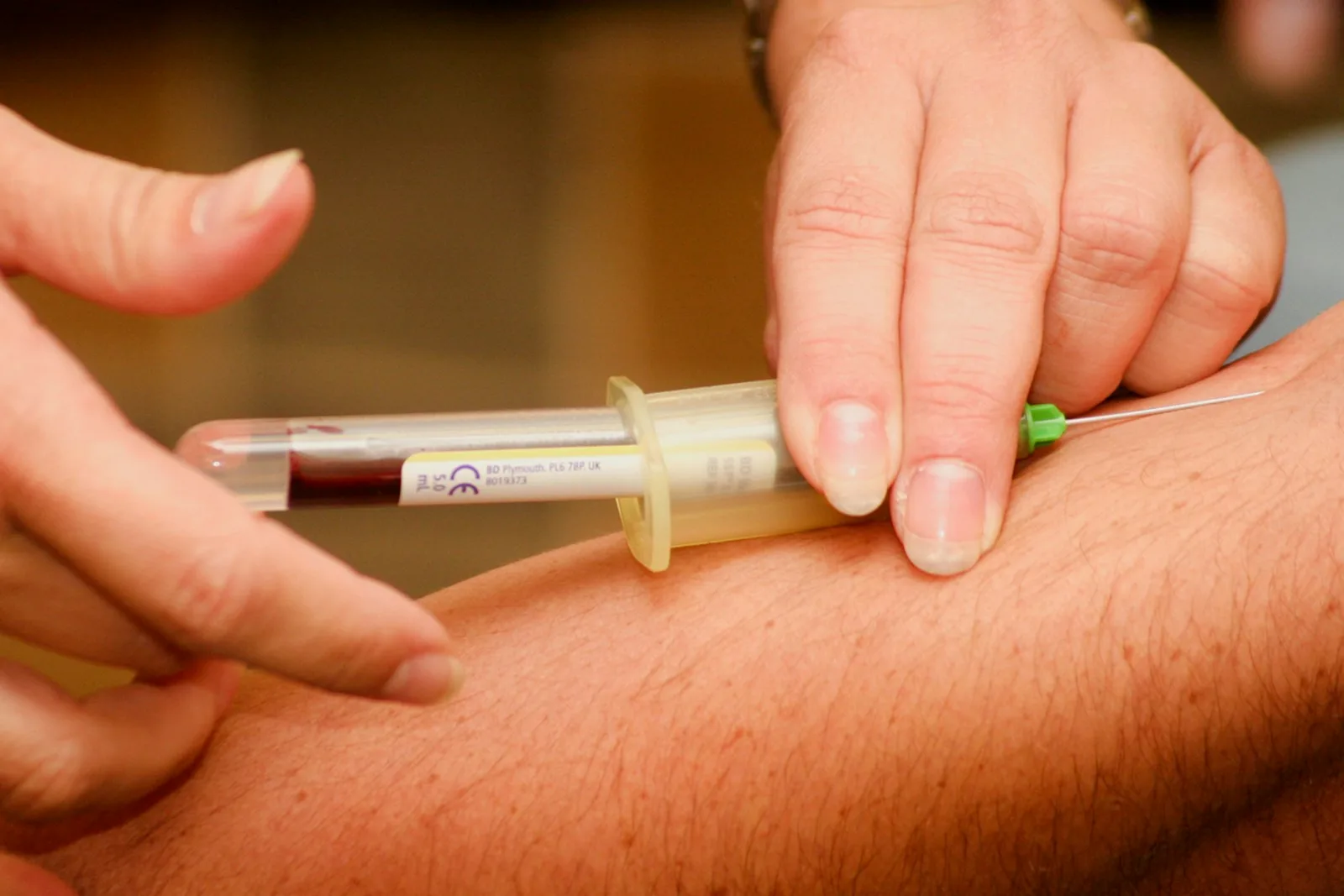
Table of Contents
Nowadays, getting your blood drawn is a pretty routine procedure, yet at least 10% of us have a fear of needles.
Blood tests, one of the most popular types of medical tests, can be used for a variety of purposes, from determining your overall health status to checking the operation of your internal organs. Your blood sample will be chemically tested or microscopically examined.
What are the two methods of collecting blood?
Following are the two primary techniques for drawing blood samples. The first involves drawing blood from a vein during a venous or phlebotomy blood test. The second test is called a finger prick or capillary blood test and requires pricking the finger with a small, sharp needle to collect a drop of blood.
In the past, the majority of blood analyzes required venous sampling. On the other hand, home blood tests are more convenient and effective because they can be done there, but their popularity is increasing. They may be more suitable for those who are afraid of needles.
However, what if the doctor or nurse needs to draw your blood? Lloyds Pharmacy Online Doctor’s GP Dr. Neil Patel has previously given six essential actions to take your next test to make everything go smoother (and faster).
6 tips on preparing for a venous blood test
Share your anxieties
The first thing you should do if you are worried about having a blood test is to make sure the person drawing your blood is aware of your concerns. Tell them details about your previous experiences, such as if you have fainted or felt nauseous.
“Physicians and nurses can make changes, such as whether you lie down or sit in your chair, as they frequently deal with patients in distress.”
Follow instructions
If you need to do any special preparations, the medical specialist who schedules your blood test should let you know. When you have a blood test that requires fasting, for example, you will be instructed to drink only water before the test. It may also be necessary to stop taking certain medications before certain blood tests.
Fill your belly

“Most blood tests don’t require fasting, but make sure you eat enough because skipping meals can potentially alter the test results. Choose foods that increase your blood sugar levels because low blood sugar can cause light-headedness. A piece of fruit, a glass of fruit juice , or some candies are healthier options.
Stay hydrated

It is important to drink plenty of water before the blood test. Water, first of all, will prevent your blood pressure from dropping. However, water also swells the veins, which makes it easier for the technician to find them and guarantees a more comfortable blood draw.
Keep warm
When it’s cold outside, our nerves are constricted. This prolongs the operation by making it more difficult for the technician to decide where to insert the needle. If you’re feeling particularly cold before your visit, consider going for an early walk and packing plenty of warm clothes.
Distract yourself
For anxious patients, distraction is a very effective strategy. Keep your eyes away from the needle. Alternatively, close your eyes and listen to your favorite song while watching a video on your phone. Bring a friend or family member with you so they can keep you company during the process.
Cancer Research’s Latest Breakthrough Is Seriously Good News For Survival Rates


1 thought on “6 Pre-Blood Test Recommendations From Your Doctor”